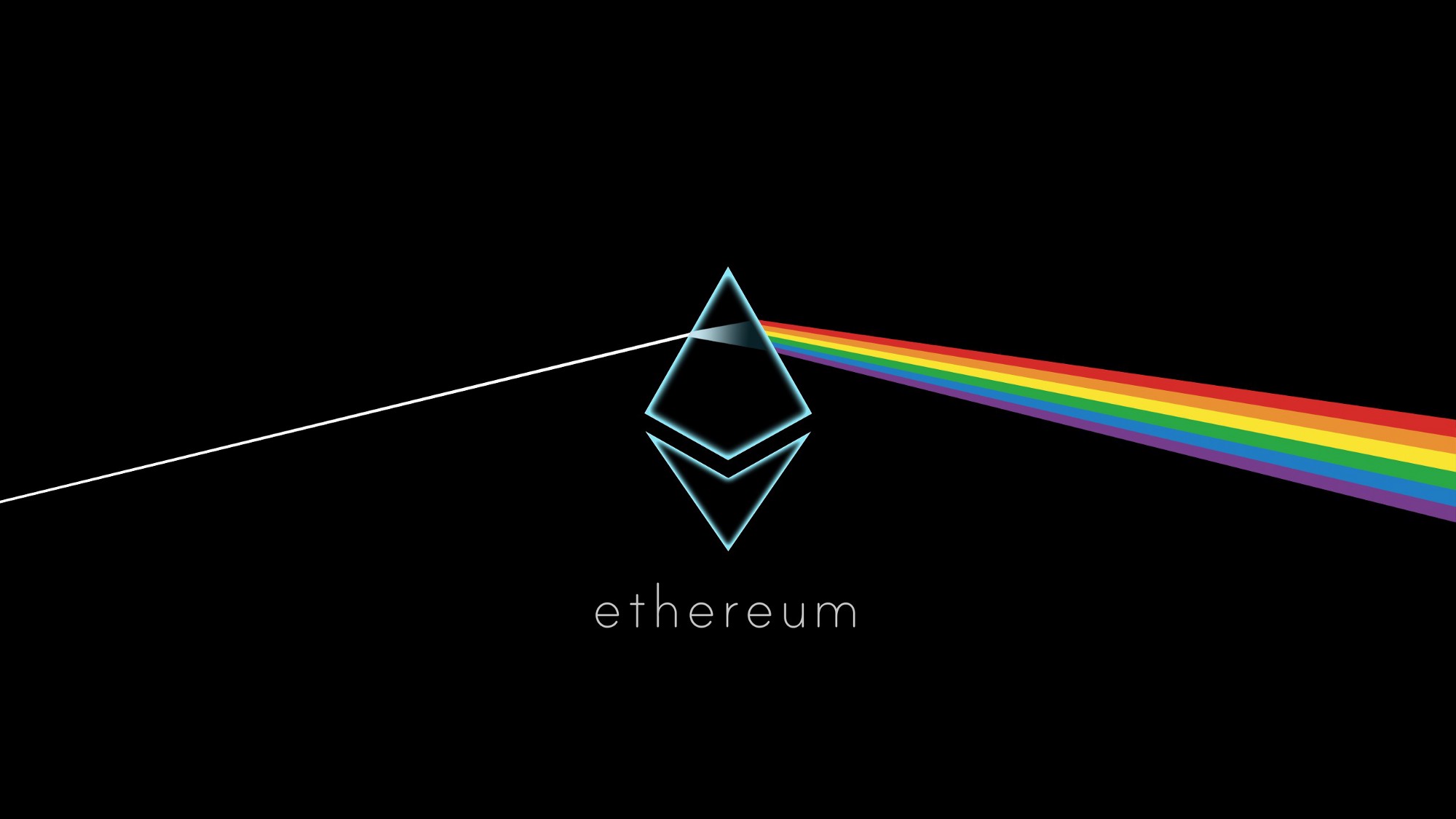
By Monday, May 7th, a group of SEC and CFTC officials will discuss whether or not Ethereum (ETH) should be classified as a security. The outcome has enormous implications for the future of tokens: either a categorical crack-down or a shift in the legal landscape. At the time of writing, ETH has a market value of $ 67 billion.
Bitcoin (BTC) the world's largest cryptocurrency by market cap has escaped government oversight; however, regulators are looking into whether other widely traded cryptocurrencies could be regulated as securities, according to sources close to the matter.
The investigation focuses on ETH; this represents a significant threat to digital currencies, which so far have not been under regulatory crackdowns for the amount of fraud in the market for the assets. Until today, regulators had not questioned whether terms and conditions designed for stocks should apply to digital currencies like ETH, the worlds' second largest cryptocurrency behind BTC with an estimated market value of $ 67 billion.
The analysis, by commodities regulators and federal securities, determines whether the creators of digital currencies other than Bitcoin applies notable influence over their value. The Commodity Futures Trading Commission (CFTC) has identified Bitcoin to be a commodity; this means it is not subject o investor-protection laws that are usually enforced by the Securities and Exchange Commission (SEC).
A few regulators think ETH is currently in a "gray zone". However, they do believe when the digital currency was first created back in 2014 it was created under an illegal securities sale. Backers in Silicon Valley such as prominent venture-capital firm Andreessen Horowitz disagree with this view, stating no particular person or entity owns ETH or is responsible for influencing its value.
Under the law of the United States, companies that issue bonds or stocks must 1) either give investors extensive disclosures and register all deals with the SEC or 2) limit the sale to experienced institutions and the wealthy. Ethereum's founders did not register the 2014 sale, and the coins were sold to anyone willing to buy.
Any decision from regulators that ETH is a security could ignite a fire of flash sales and shake up major trading exchanges that allow investors/ traders to buy and sell. (i.e. Binance (Malta), Bithumb (Korea) and Coinbase (US) to name a few). Coinbase the US-based exchange will be hit hardest, earlier in the year Coinbase stated they were in discussion with regards to applying for an SEC license to operate as a brokerage firm, this process could bring the argument of Ethereum to the open because brokers cannot deal in unregistered securities.
A former CFTC chairman, Gary Gensler was quoted in a speech last week that "there is a strong case that one or both ETH and Ripple (XRP) are noncompliant securities." ETH's backers state the use case for the currency is beyond trading. The digital currency is paid to people who run the ETH program on their computer - a necessity for decentralized projects.
Andreessen Horowitz (a16z), also noted that ETH is mined/ created by a broad supportive community of users, not one single individual/ organisation.
A group of venture capitalists spearheaded by a16z and Union Square Ventures submitted a proposal to request for broader regulatory exemption to the SEC in late March citing ETH has become decentralized to the point where it should not be deemed a security."
Cryptocurrency Exchange Coinbase has not commented on the regulator's questions about ETH.
Overall the industry is frustrated that the SEC continues to apply outdated legal tests to determine whether a new asset such as ETH falls into the basket of assets it regulates. The SEC has also looked into the role of the Ethereum Foundation, and it's influence in price manipulation. Currently, the foundation is known for posting and paying bounties on bugs and vulnerabilities in ETH's code.
A working group of regulators from both the SEC and CFTC have planned to discuss the issue on May 7th, 2018. The Ethereum Foundation has stated publicly it does not control the supply or demand of ETH and currently owns less than 1% of the total supply in circulation.
Pro-securities individuals argue the Ethereum foundation raised over 31k BTC (est in US$ 18.3 million), in July 2014 when it sold approximately 60 million units of ETH to the public. The foundation raised the money to build the ETH blockchain platform, and investors speculated the launch of the platform would make the token rise in value. Therefore it resembled a securities sale.
However ETH backers further argued that this does not mean the token remains a security, digital currencies such as ETH can become consumer products as the company's platform becomes functional, meaning developers around the world perform actions that use or create it, not the foundation or its management.
Mr Gensler stated: " There is no legal precedent for it".
Another prominent figure in the industry Peter Van Valkerburgh (Director of Research at Coin Centre) was quoted stating: "If ETH is indeed declared as a security, it will make a shambles of the United State's innovation policy" It is going to create a lot of barriers that may not be sensible.